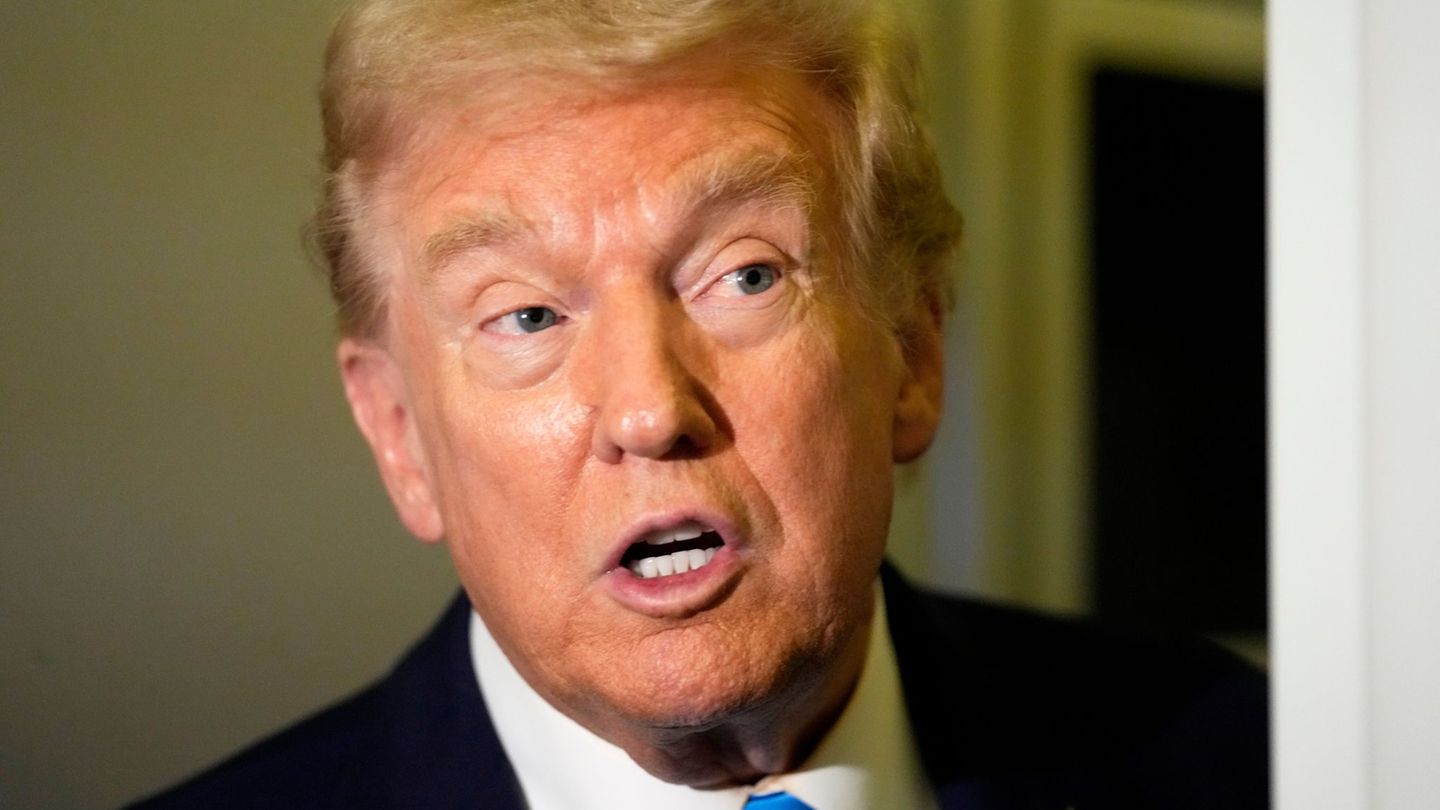Sánchez and his progressive allies knew that this only possible alliance would put a floor and a ceiling on the aspirations of the conservative candidate, Alberto Núñez Feijóo, and so it was that on September 27, the second attempt at investiture of the leader of the PP and the king failed. , Felipe VI, commissioned the socialist, the second most voted candidate, to form a government.
But the PSOE was also not enough with the votes contributed by Sumar, the left-wing alliance that has been a partner during the last term and that continued during the Government that was left in charge of the Executive, although with limited powers, when the elections were brought forward. It needed the Galician (BNG), Basque (EH Bildu and PNV) and above all Catalan (Esquerra Republicana de Catalunya, ERC, and Junts per Catalunya, Junts) independence parties, with whom the negotiation could be summarized in one word: amnesty.
Sánchez was putting together a complicated puzzle that began by publicly raising the issue of amnesty as an element of the negotiation at the beginning of October, continued with the expected agreement of the government plan with Sumar and the pre-agreements with Galicians and Basques, which were formalized on Friday of this week.
And, finally, the agreements for an amnesty law with ERC and Junts, the last and most blocked, which was announced last Thursday in Brussels, where Carles Puigdemont, the party leader, a fugitive from Spanish Justice, resides.
Thus, Sánchez will once again be President of the Government, surpassing the absolute majority in the first vote, with 179 votes gathered by the PSOE, Sumar, ERC, Junts, EH Bildu, PNV BNG and CC. The negative votes will be 171, it is expected, contributed by the PP, Vox and the right-wing Unión del Pueblo Navarro (UPN).
The path that the controversial amnesty law that was agreed upon ad hoc this investiture will now follow, beyond the speeches, will be in the Congress of Deputies, where it is expected to be approved without any problems. From there it will go to the Senate, where the PP has the majority and a rejection is ruled out. The initiative returns to Deputies, who must send it for acceptance or rejection to the Constitutional Court.
It is likely that the court will study the case, according to the Spanish media, but after all these instances have passed, the last one would be the Executive.
The other side of this process was provided by the PP, decisively positioning itself in the role of opposition with fierce language to denigrate any amnesty agreement with the Catalans.
“Spanish democracy is once again suffering an unprecedented attack,” Feijóo said gravely last Thursday, when the PSOE announced the agreement with Junts.
And in an example of the level of the confrontation, the conservative leader, who compared the amnesty agreement with the “Tejerazo”, the attempted coup d’état commanded by Lieutenant Colonel Antonio Tejero, on February 23, 1981, which entered to the shooting at the Spanish Congress, and equated the Catalan independence supporters with the “terrorism” of ETA.
“The coup d’état of 23-F, that of terrorism, that of the Catalan independence movement of 2017, were challenges to freedom and coexistence. In this case, the challenge to the values of the Constitution is carried out by a candidate for the presidency of the Government,” said the conservative leader, quoted by the newspaper El País.
“It is one more twist in a dynamic in which we are installed, in which the right places any left-wing government in the field of the illegitimate, the unconstitutional, the unacceptable,” Sergio Pascual stated in dialogue with Télam. , political scientist at the Latin American Strategic Center for Geopolitics (Celag) and former Spanish legislator for Podemos.
This position, he added, “is seen in the PP’s refusal to renew the General Council of the Judiciary, whose members’ mandates expired five years ago. It is a way for the PP to not recognize the legitimacy of the government in office, and this body that makes decisions that affect the continuity of the laws”.
“What happens is not that they are against the amnesty, which they are, but that the PP also has a flight of votes towards Vox that makes it impossible for it to govern and limits it to making agreements only with that sector, forcing it to pivot to the right. That is why he toughens his speech, to contain his voters on the right,” he concluded.
Another flank that the next Sánchez government will have open is nothing less than that of governability. That is, if he will be able to transfer the support that he gathered for this investiture to the treatment of the laws that he needs to govern.
“Among his militancy, Sánchez has quite a lot of support. 87% of PSOE members supported the amnesty agreement in the survey they reported on Sunday of last week. It may be different with the sympathizers, but that will have to be analyzed a year from now. I think the socialist is betting that it will happen like with the 2021 pardons, that no one remembered them when voting,” David Lerín Ibarra, a doctoral political scientist and professor at the Complutense University of Madrid, told Télam. in reference to the pardons for partial Catalan independence leaders who were sentenced to prison for the 2017 secession attempt.
“In principle, governability may be more complicated than before, because all laws require the support of the entire nationalist left and also of PNV and Junts, which are not left-wing, which do not have common positions, for example, on fiscal policy” , he added.
In this sense, as an example, he pointed out that even “the agreement they have closed with Sumar is going to be difficult to pass through Parliament.”
This situation refers to a point of the PSOE-Junts agreement that was announced on Thursday, and that is that a Legislature agreement was established that lasts four years, a key to, through parliamentary strategies, trying to mitigate the disagreements between the allies, disagreements that will have plenty with the opposition.
Source: Ambito




